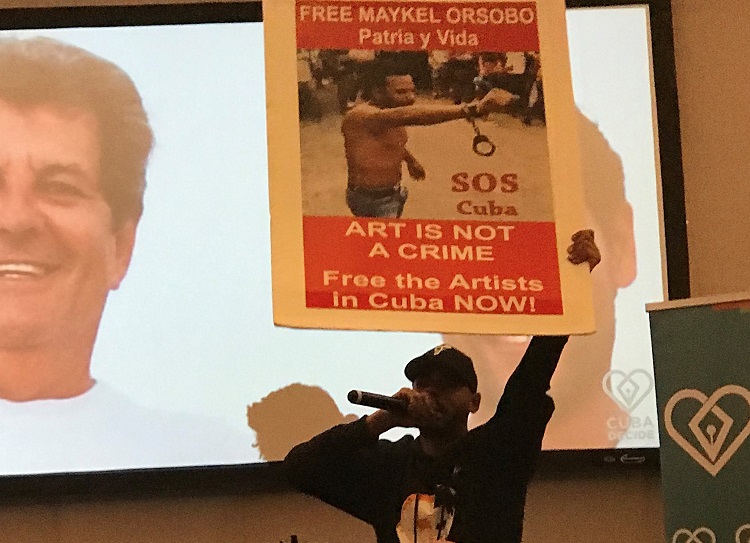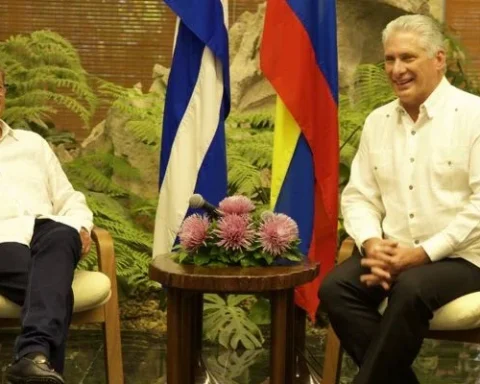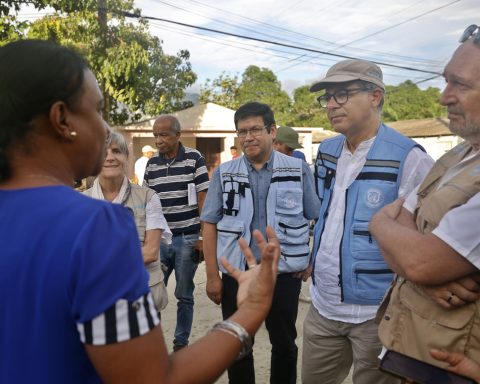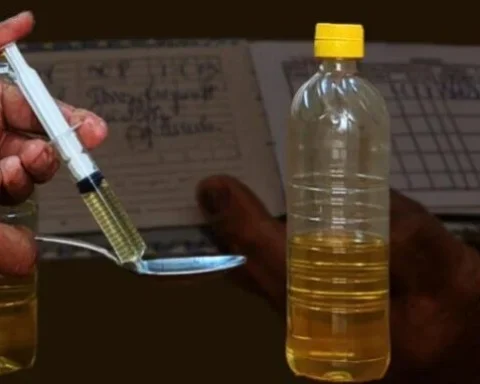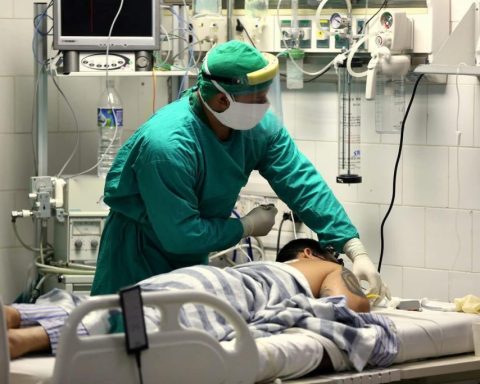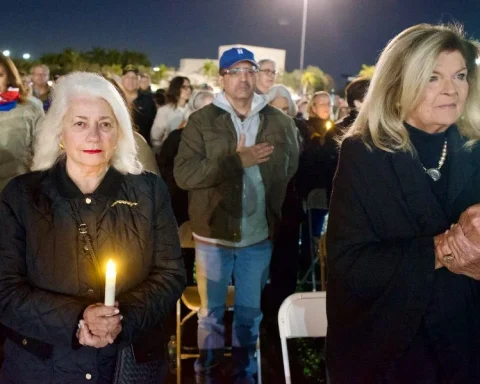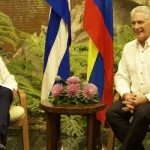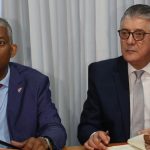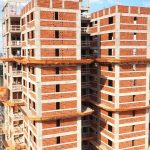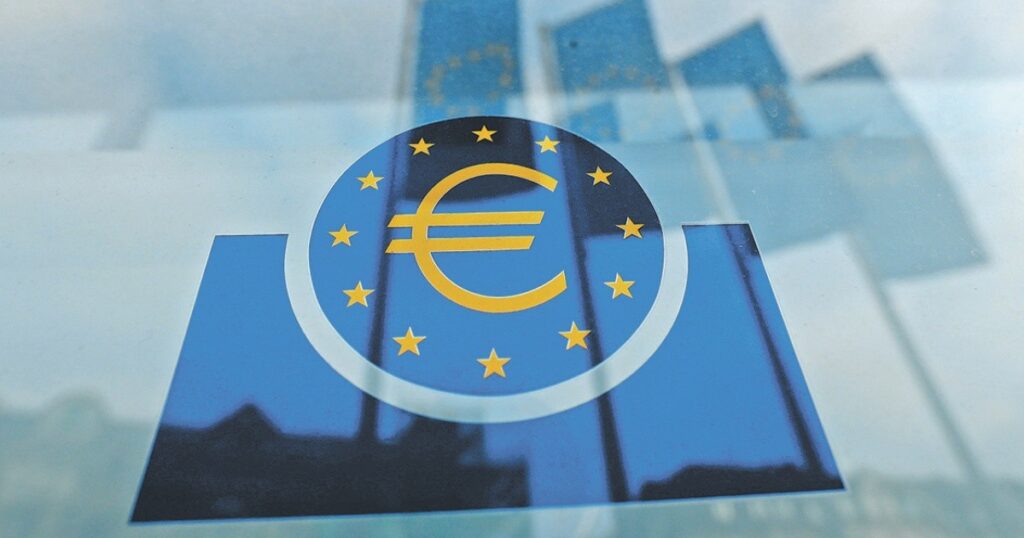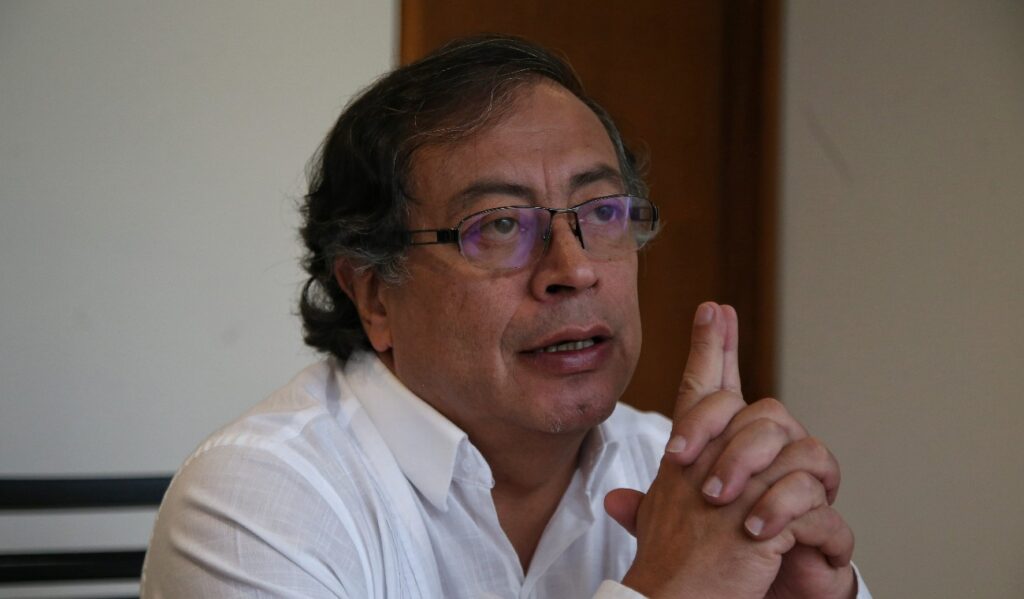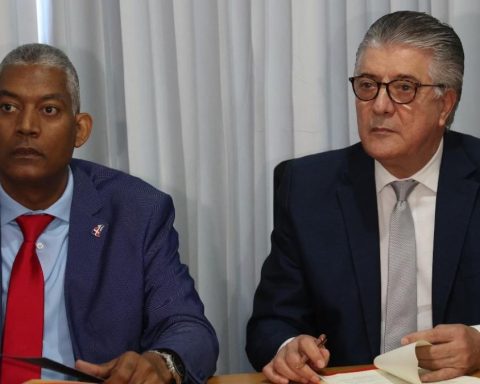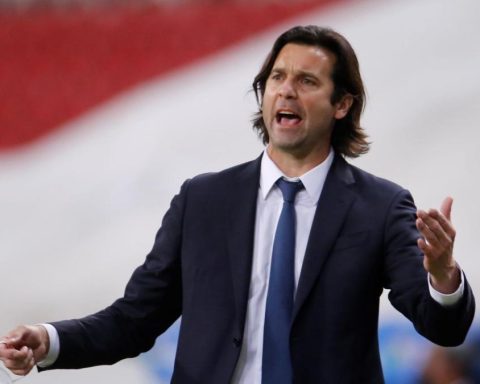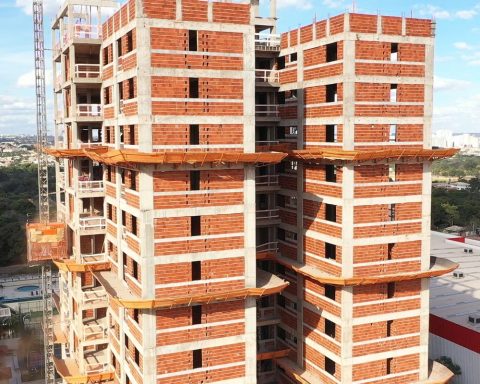LOS ANGELES, United States.- Another intense day was experienced by dozens of Cubans residing in Los Angeles together with several members of the independent Cuban civil society invited to the IX Summit of the Americas.
The Cuba Decide Movement, led by Rosa María Payá, made a civic protest in the well-known promenade dedicated to artistic stars, where the names of Cuban political prisoners were placed next to the names of famous artists.
At 4:00 pm, the Orpheum room of the Indigo hotel was once again the venue for another pane, this time identified with the question “Prisoners for what?”.
The meeting dealt with the situation of political prisoners in Cuba, Nicaragua and Venezuela, and began with the words of Mrs. Debbie Murcasel-Powell, special adviser for the Summit of the Americas, who referred to the situation of people imprisoned for political reasons in that totalitarian triad.
When analyzing his words about the critical situation in those countries, he referred to the restrictions suffered by elementary human rights and the sustained exercise of government repression against any sign of dissent.
A video was then shown with a message from Mr. Brian A. Nichols, Assistant Secretary for Western Hemisphere Affairs of the US Department, who referred to the systematic repression that the authorities of these countries carry out against political opponents, journalists independents and human rights defenders, emphasizing the Cuban case, where the repression exerted by the authorities against the protesters of July 11, 2021 is not something new, but the reiteration of a practice that violates human rights that is intrinsic to the Castroism. Nichols noted that the US government stands with the people of these three countries in their fight for the restoration of democracy and respect for all human rights.
Immediately afterwards, the video “Cries of freedom” was shown, which includes the testimony of Anamely Ramos, Cuban; Munira Muñoz, Venezuelan and Victoria Cárdenas, Nicaraguan, present at the panel.
Then Anamely Ramos, who was a university professor in Cuba and a member of the San Isidro Movement (MSI), referred to the situation of Cuban political prisoners, focusing on the cases of Maykel “El Osorbo” and Luis Manuel Otero Alcántara. She denounced that the two have been deprived of making phone calls to their relatives just for having sent messages outside the prison where they are. She explained that the Cuban communist regime has tried to present them to national and international public opinion as criminals when in reality they are two artists, one of them winner of two grammy awards.
Victoria Cárdenas, a Nicaraguan businesswoman, referred to what happened to her husband Sebastián Chamorro about a year ago, who was kidnapped at night from his home by the Sandinista dictatorship, his whereabouts unknown for several months. She recounted how more than forty policemen invaded her house, arrested her husband and took numerous possessions, alleging that during the time of imprisonment —more than a year— her husband has only received seven visits and that in all that time she has not been able to telephone conversation with him nor has he received any letter.
Munira Muñoz, a Venezuelan human rights activist, referred to the work carried out by the Penal Forum in favor of political prisoners in her country and how she became linked to that group as a result of the imprisonment of one of her sisters who is currently free. although subject to police and judicial control. According to her testimony, there are currently more than fifteen Venezuelan women imprisoned for political reasons, and she highlighted the case of Emislendris Benítez and her husband, accused of the alleged commission of serious common and political crimes, including an alleged plan to attack Nicholas Maduro. Munira affirmed that Emislendris was arrested when she was pregnant and that due to a kick she suffered in prison she lost the child. Currently this political prisoner is in a wheelchair due to various illnesses, some of which arose during her internment. The United Nations Organization declared her detention arbitrary and the Inter-American Commission on Human Rights (IACHR) issued a precautionary measure in her favor. Even so, the Venezuelan dictatorship refuses to release her.
Carlos Quesada, lawyer, journalist and executive director of the Institute for Race, Equality and Human Rights, based in Washington, said that these three countries use their legislation to repress all dissent and that the judicial system in them does not respect the rules that regulate the due process, they deny their imprisoned citizens medical assistance and prevent human rights activists from traveling abroad so that they cannot denounce said abuses. Quesada also affirmed that, coinciding with a Cuban judicial practice, in Nicaragua it is seen that it is already common to charge political opponents with common crimes to cover up the real causes of their arrest and prosecution, and that in Venezuela there are currently 238 political prisoners, most of them ex-military accused of planning alleged military actions against the dictatorship of Nicolás Maduro and that most of them have suffered torture and are kept imprisoned without judicial process beyond the time established by law.
The panel concluded with the intervention of Mr. Edgard Stuardo Ralón, Rapporteur for Cuba of the IACHR, who stated that in relation to this country, said institution has highlighted for years the repressive context that has existed there for several decades and that this repression has intensified after of July 11 of last year with the aim of crushing all signs of dissent. He also said that the IACHR is aware of the overcrowding, unsanitary conditions, isolation, and lack of medication and medical assistance in Cuban prisons.
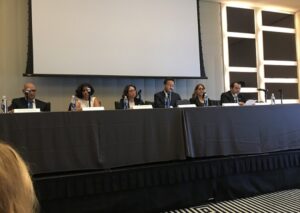
As for Nicaragua, the rapporteur referred to the persecution received by several former candidates for the presidency of the country, currently imprisoned and that numerous human rights violations are also observed in this country.
Finally, he stated that the IACHR has received complaints about similar violations in the case of Venezuela, where there is an increase in the criminalization of dissent, the dependence of the judiciary on the executive, the indefinite postponement of trials of political opponents as well as the death of several of them in prison, after 2015, concluding that in the face of this unfortunate panorama, the IACHR will continue to demand that these countries respect human rights and democracy, and reiterated its solidarity with the families of the prisoners, condemning the instrumentalization of justice for political ends.
At the end of the event, former Nicaraguan politician Ireland Jerez addressed the audience with vibrant words invoking a continental union against all totalitarian regimes and that no political prisoner should be forgotten.
An act of fiery patriotism
A few minutes later, an act was held organized by the Cuba Decide organization, led by Rosa María Payá, the Latin American Youth Network for Democracy and the Pan American Democracy Foundation.
The meeting began with the screening of a documentary that deeply impacted the audience and tells how the death of Oswaldo Payá and Harold Cepero occurred.
The young Claudia Genlui, art curator and activist defending human rights in Cuba and also, at the request of Rosa María, this undersigned, participated in this act.
Next, the Chilean senator Javier Macaya spoke, who presented his ideas about how the wall of complicity created by the Cuban dictatorship can be broken.
Then “El Funky” performed the song “Diazcarao”, of his authorship, and later Yotuel Romero presented some assessments of the Cuban reality, mentioning the fear that the dictatorship feels before some artistic and social phenomena such as the MSI or a song that can become into a mobilizing instrument, as has happened with “Patria y Vida”. Yotuel assured that it is important to maintain the presence of the opposition in social networks and praised the work of the influencers Eliécer Ávila and Alexander Otaola, the latter present at the event.
The meeting ended with the interpretation of the song “Patria y Vida” sung by all the attendees.
The closing of the day
The activities of the Cuban independent civil society closed at the Gloria Delson contemporary art gallery, in downtown Los Angeles, where Salomé García, defender of human rights in Cuba, presented a book that brings together a compilation of articles published on Luis Manuel Otero Alcántara since 2018.
The book was edited by Ladislao Aguado, director of Editorial Hypermedia, and it documents everything that happened to the artist from that year until his arrest.
An exhibition of plastic arts was also inaugurated at the gallery with works by various young Cuban artists, including some by Otero Alcántara himself.
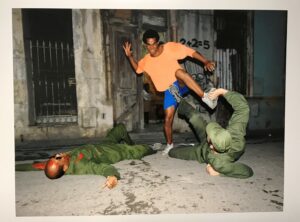
Undoubtedly, this has been an intense day where the independent and democratic voice of Cuban civil society made itself felt.
OPINION ARTICLE
The opinions expressed in this article are the sole responsibility of the issuer and do not necessarily represent the opinion of CubaNet.
Receive information from CubaNet on your cell phone through WhatsApp. Send us a message with the word “CUBA” on the phone +1 (786) 316-2072, You can also subscribe to our electronic newsletter by giving click here.
